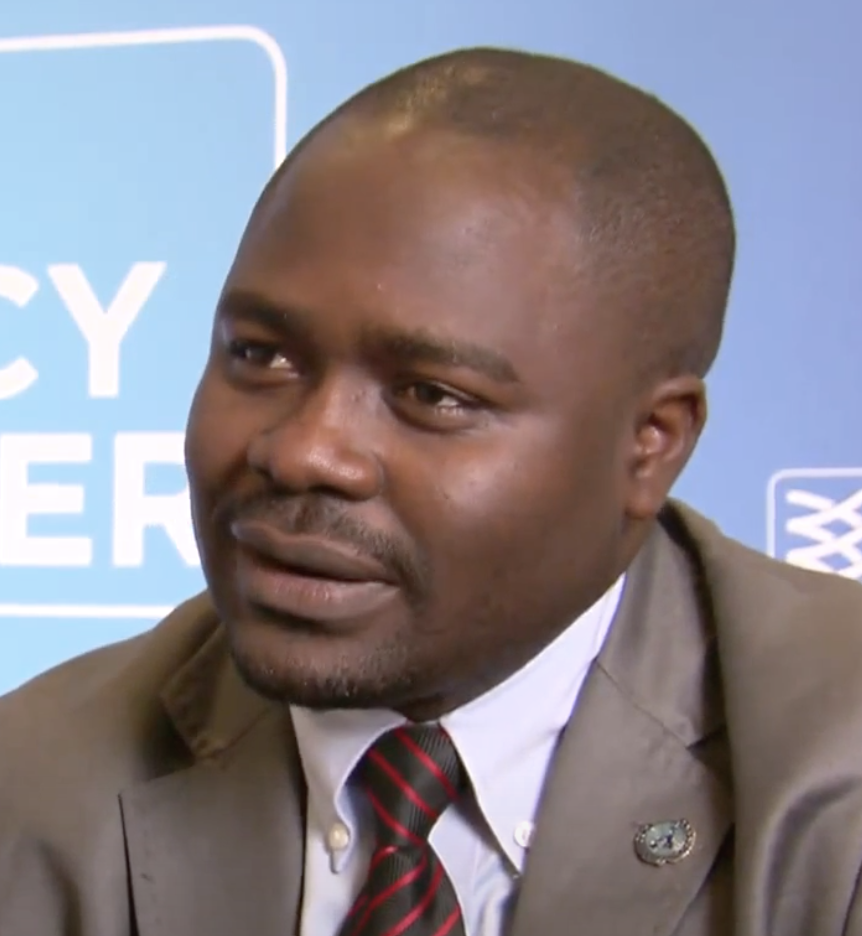Njoya TIKUM, Regional Policy and Programme Advisor Anti-Corruption & Economic Governance
October 5, 2014
Njoya TIKUM, Regional Policy and Programme Advisor Anti-Corruption & Economic Governance, Atlantic Dialogues Emerging Leaders Program
Speakers

Njoya TIKUM
Regional Policy and Programme Advisor Anti-Corruption & Economic Governance
Njoya Tikum is Manager of the United Nations Development Programme (UNDP) Regional Office for West and Central Africa-Dakar-Senegal. Prior to this, he served as Regional Manager for East and Southern Africa at United Nations Volunteers (UNV). Njoya led the UNV's East and Southern Africa organizational transformation and established an entirely new and effective regional team and operation in 23 countries. Before this, he served with UNDP in different capacities, including as Regional Policy and Programme Advisor on Anti-Corruption and Economic Governance and as Regional Youth Programme Coordinator at UNDP Regional Service Centre for Africa.
Njoya served ad-interim in UNDP Liberia, in South Sudan as Country Programme Specialist in the UNDP Regional Bureau for Africa, and as Po ...




